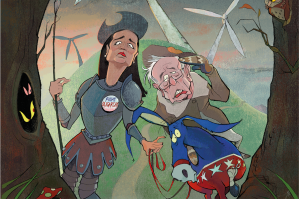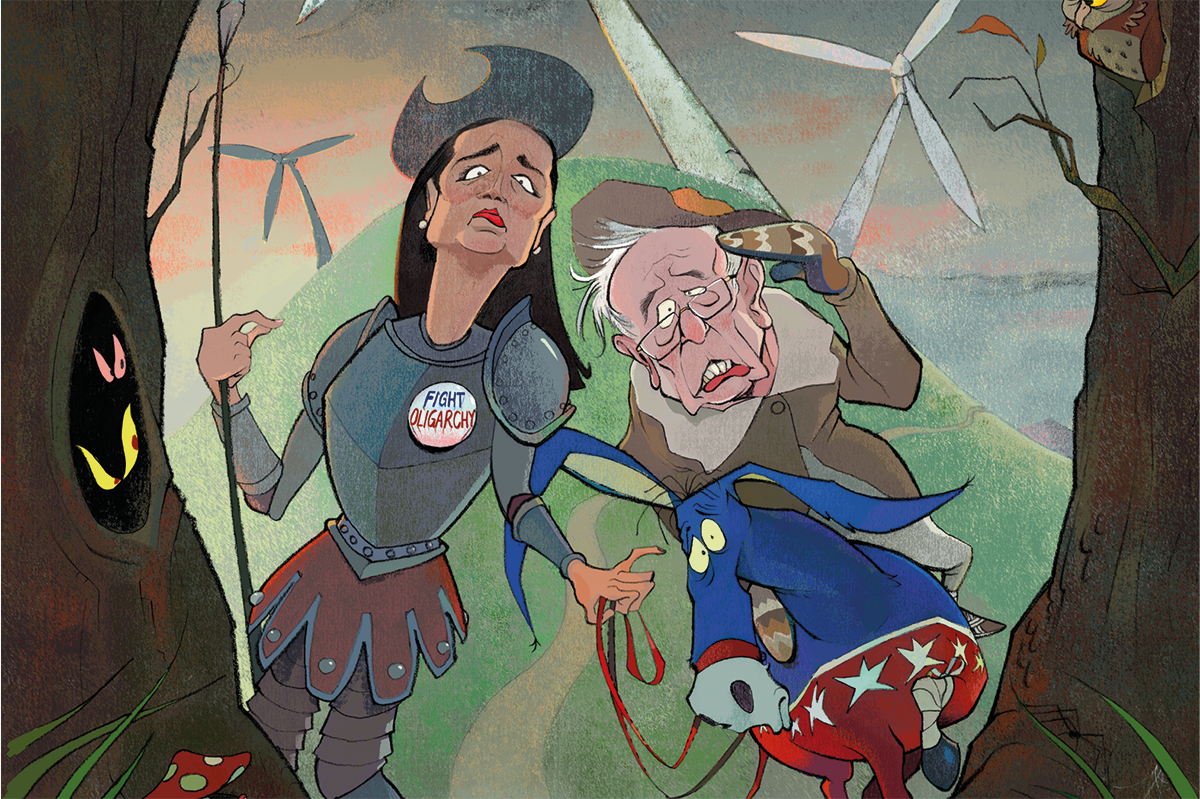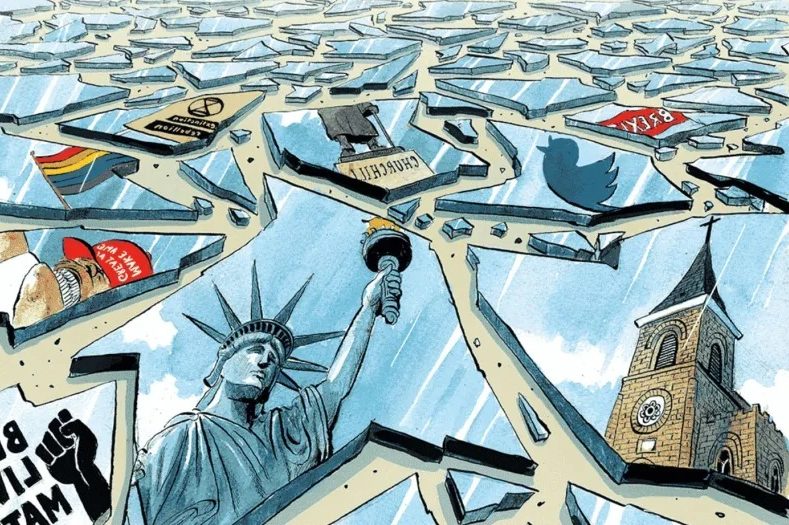Our brave comedians spend much of their time fearlessly attacking politicians, to little or no effect. So did the comic playwright Aristophanes (fifth century BC), but he also attacked his audience too — if, when meeting in assembly as the dêmos (cf. dêmo-kratia, “people-power”), they were in his view too easily persuaded by politicians he hated, such as Cleon, to make bad decisions.
In one comedy (424 BC), Aristophanes imagined the Athenian state as a household, headed up by Dêmos (“The People”). Dêmos is served by two slaves (= politicians), who are fed up that the foulmouthed new slave Paphlagon (a thinly disguised Cleon) has taken total control of their master.
But they find an oracle saying that Paphlagon will be displaced by a tripe-seller, i.e. someone who will outdo Paphlagon in the revolting behavior that Dêmos seems to appreciate. So they find one, telling him he will become great. “T-S: But I don’t deserve to be great. Slave: What do you mean, not deserving to be great? Not got any secret virtues on your conscience, have you? I mean, you’re not of good birth, are you? T-S: Blimey, no! Scum of the earth, me. Slave: Best thing that can happen to anyone who wants a future in politics. T-S: But ’ang on. I ’ardly bin to school. I got no learning. I can only just abaht read and write. Slave: Shame — much better if you couldn’t at all. Look, you don’t think politics is for the educated or anyone of good character, do you? No, it’s for illiterate oafs like you!”
Dêmos, setting up a contest between Paphlagon and tripe-seller, revels in their obscene, grotesque and fawning exchanges (“O Dêmos, when you blow your nose, please wipe your fingers on my head.” “No, on mine”). The tripe-seller wins, takes Dêmos aside and points out how easily he is bamboozled: at home he may be the sharpest of men, but in the assembly he turns into a gaping idiot. The contrite Dêmos agrees to reform.
The play won the comic prize. But a few weeks later, Paphlagon/Cleon was elected to a top executive position. Odd, that. Or rather, extremely funny.
This article was originally published in The Spectator’s May 2023 World edition.

























